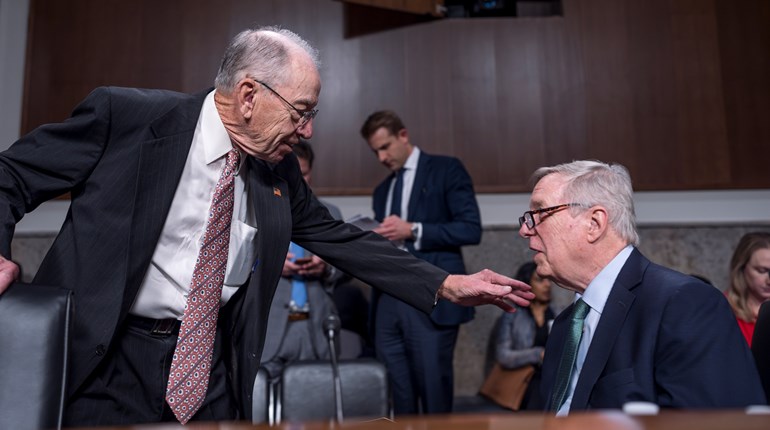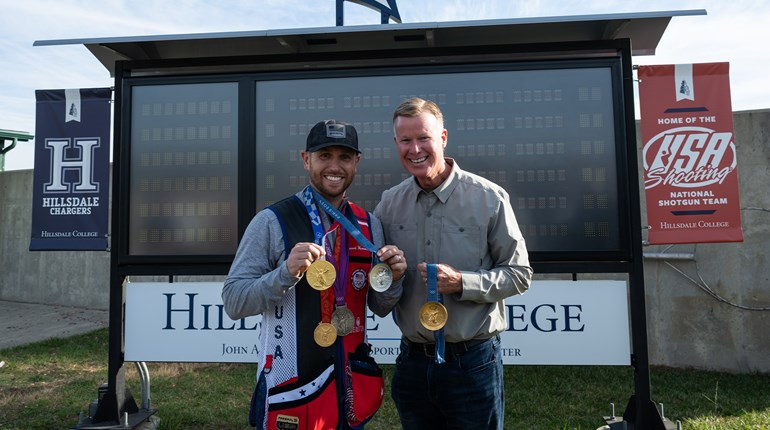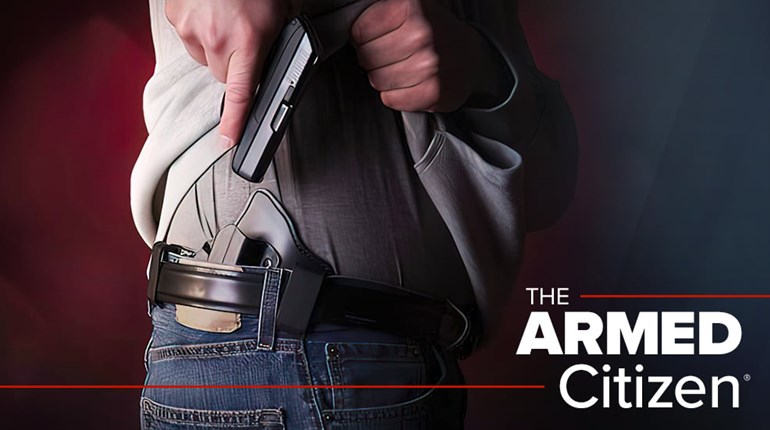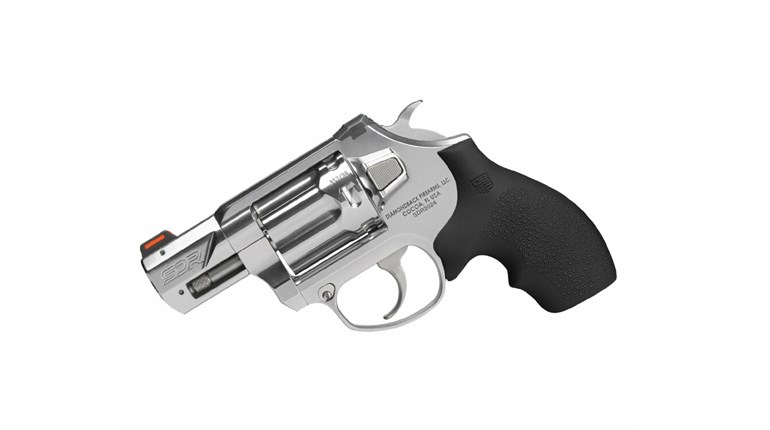
Interior gun store photo courtesy of Huron Valley Guns.
A Michigan gun store owner planned a blood drive at his store after hearing the American Red Cross had a serious shortage. A few days before the event, the Red Cross backed out, at first saying it wouldn’t hold the blood drive in the store, but in the parking lot. Then the organization canceled the entire charitable event with the gun shop.
Ed Swadish, owner of Huron Valley Guns in New Hudson, promoted the event heavily in his store, including printing flyers encouraging his customers to “be a hero” and give blood. He wanted particularly to highlight his community’s first responders, so one day of the blood drive was to be entirely filled by donating firefighters, police officers, etc.
In a phone interview with America’s 1st Freedom, Swadish said one Red Cross representative he’d been working with stressed the importance of getting people to donate.
“They told me that the blood was already expected by hospitals, and surgeries were planned around it, so I had to fill every donation spot if I could,” Swadish said. He decided to raffle a Glock 19 to further encourage participation and was expecting “several hundred” blood donors.
Then the raffle drew concern. Swadish was asked to remove information about it from his website and Facebook page, which he did—though doing so meant not pulling in extra donors as he’d hoped to do.
Huron Valley Guns is a large facility offering a 9,000-square-foot retail shop, pistol and rifle ranges, classes, gunsmithing, member’s lounge, café, police and firefighter uniform division and even a cigar humidor and barber shop. Swadish said they also manufacture holsters as the No. VI Holster Co. The gun store first opened in 2012 and moved into their expanded location in 2017.
The event was planned for the weekend of Aug. 31 until the Red Cross ultimately canceled Aug. 28. Swadish believes the organization received negative attention about the location of the blood drive.
“I feel bad that customers worked their schedules around it,” Swadish said, “and just think about all the people who had surgeries planned and were depending on that blood. I hope they were still able to have their surgeries.”
The American Red Cross issued the following statement about the cancellation, which was provided to other news media and emailed to America’s 1st Freedom. It stated:
“The American Red Cross appreciated the intent of Huron Valley Guns to hold a blood drive to help patients in need several weeks ago—and apologized to the blood drive sponsor and donors for the late cancellation of that drive.
“As policy, the Red Cross is committed to maintaining a weapons-free environment in which our employees and volunteers safely and securely conduct Red Cross business and fulfill our humanitarian mission. That policy prohibits staff, donors or partners from possessing, transferring, storing, selling or using weapons of any type, whether openly or concealed, at any Red Cross facility, regardless of whether or not the individual or organization has a federal or state license or permit to possess the weapon.
“This policy does not prohibit the Red Cross from holding a blood drive outside this location, as long as the staff, donors or partners are not possessing, storing or using weapons at the blood drive. We did not effectively communicate our policy to the blood drive sponsor, and as we began preparations to hold the drive, we faced a number of logistical and promotional challenges that ultimately made it unfeasible to move forward. We are committed to improving this process as we organize drives in the future.”
After the cancelation became public, Swadish was approached for a blood drive by what he thought was an entirely separate entity, but it turned out that group also works with the American Red Cross as well, so the effort became unfeasible once again.
“I finally gave up,” Swadish said. “I’m tired of law-abiding gun owners being lumped in with maniacs.” He said he will focus on other charitable efforts instead. Still, he encourages people to donate blood: “My main goal was to increase blood into the system … hospitals need it.”


































